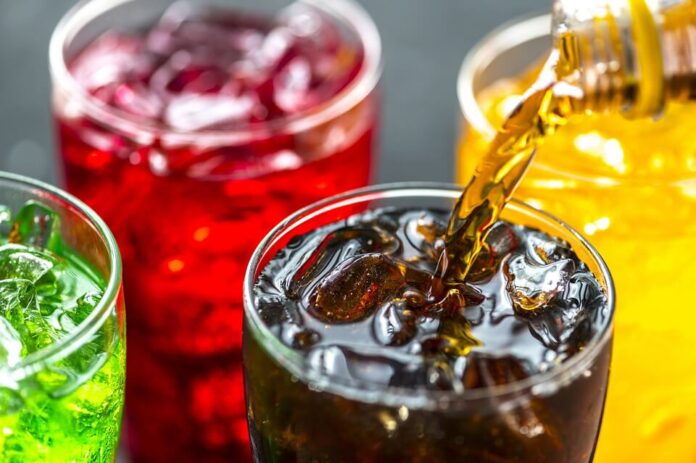ISLAMABAD: In a letter addressed to the Federal Board of Revenue (FBR) on February 1, 2023, the Ministry of Industries and Production highlighted Pakistan’s beverage industry’s pressing concern over an expected additional Federal Excise Duty (FED) of around 4%.
The letter informed FBR that Coca-Cola Icecek (CCI), a company that has significant investment in Pakistan, has expressed concerns over the potential increase in FED in the upcoming mini-budget. It was highlighted that the impending tax increment will “greatly jeopardise the business plans of the company.”
The ministry made a reference to an earlier letter dated January, 25, 2023, that was sent by the CCI’s Chief executive officer to the Prime minister of Pakistan, informing that the company has invested over USD 750 million in Pakistan since 2013. It was further iterated that CCI has been a source of employment to over 12,500 individuals.
The letter asserted that CCI’s contribution towards the national exchequer, through its revenue, is an estimated PKR 48 billion. Moreover, it was relayed that the company’s expansion plans include an expected investment of approximately USD 280 million in the next two years. The ministry highlighted the economic impact of CCI’s operations in the country, followed by its outcry over the new tax policies.
Why is this happening and what are the potential consequences?
The predicted increment in FED, as mentioned in the letter, is a direct consequence of the government’s plans to impose additional taxes on various sectors, in a desperate attempt to generate greater revenue and meet the IMF’s conditions.
As per sources, the government is planning to impose additional taxes on several sectors, especially the ‘Aerated Waters’ sector (sugary drinks), by introducing a mini-budget to cover the shortfall.
This is not the first time that the beverage industry has borne the brunt of government policies. Available documents reveal that CCI has repeatedly vocalised how the beverage industry has dealt with discriminatory taxes and policies. It is the only industry, within the Food & Beverage (F&B) sector, that is paying the FED. It is also the only one amongst various water consuming industries that is paying water charges, as well as the only industry within the F&B sector that is being threatened with the imposition of the Health Levy.
The carbonated beverage industry is currently paying 13% FED, along with a 7% super tax and 17% GST to the government. Further implementing the Sugar Levy, on top of high FED, will double taxation and potentially cause legitimate tax paying manufacturers in the beverage industry to collapse.
According to the beverage industry, increment in FED has always adversely impacted production volumes, considering that the product is highly price elastic. The consequences then trickle down to others, threatening employment, the incomes of auxiliary businesses across the chain, and causing an overall rise in the substitution effect, whereby customers switch to sub-standard beverages.
What were the industry’s demands?
The letter endorsed CCI’s demands, urging that in order for the industry to grow sustainably, FBR must provide a multi‐year roadmap to bring excise on beverages down to 10%. According to CCI, a 10% FED rate is ideal for balancing growth, investment and revenues.
Lastly, the industry demanded the revision of tax policies, such that they enable local manufacturers to survive, if not thrive. Both previous and new tax policies are not only stunting the industry’s growth and potential, but also impacting its current business operations.





Additional FED is correct and accurate